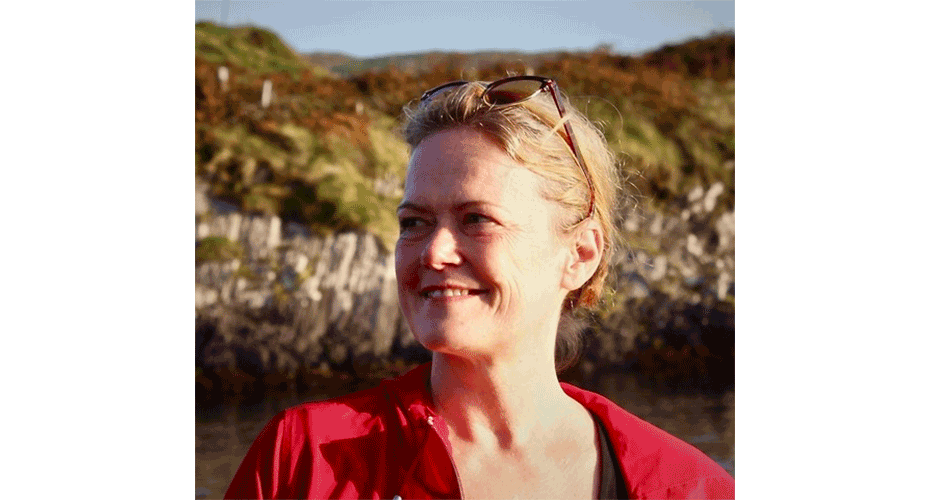Masters applications for 2023 entry are now closed.
Applications for September 2024 will open on Monday 25 September. Applications are now open for programmes with a January 2024 start. View our programmes »
| UCAS code |
1234 |
| Duration |
1 year full time
2 years part time |
| Entry year |
September 2024 |
| Campus |
Streatham Campus
|
| Discipline |
Philosophy
|
| Contact |
|
Overview
- You’ll engage with cutting-edge research on topics such as economic growth, food, medicine, animal rights, slavery and the Holocaust as well as Wittgensteinian approaches to ethics and the social world
- Learn from a diverse and dynamic team of academics with expertise from across the fields of Sociology, Anthropology and Philosophy and benefit from our lively and collaborative research culture
- We will train you in a range of philosophical research methods preparing you to carry out your own independent research
- Tailor the programme to your academic interests or career ambitions with a range of optional modules from across the fields of sociology and anthropology as well as philosophy
- Gain key transferable skills in research, communication, self-management and group working which will be valued by employers within a range of professions as well as providing essential training for PhD study
100% of our research has internationally excellent impact
Top 10 in the UK for Philosophy
82% of our research is internationally excellent
Internationally recognised for work in philosophical anthropology and the sociology of culture
Entry requirements
We will consider applicants with a 2:2 Honours degree with 53% or above in philosophy (or a degree with a substantial philosophy component). While we normally only consider applicants who meet this criterion, if your first degree is in a different discipline, you are coming from a different academic background which is equivalent to degree level, or have relevant work experience, we would welcome your application.
All applicants should provide a personal statement explaining their interest in the programme and how it fits with their earlier studies.
Entry requirements for international students
English language requirements
International students need to show they have the required level of English language to study this course. The required test scores for this course fall under Profile B2. Please visit our English language requirements page to view the required test scores and equivalencies from your country.
Course content
Ethics and society is a fascinating and extremely relevant field of philosophy to study. We are constantly confronted with new developments in society that, as individuals and communities, we must decide how to respond to, if at all.
Our core module Contemporary Ethics will address these challenges by introducing you to the philosophical work of the past three decades, addressing current challenges related to human self-understanding and ethical theory.
Our focus on philosophical research methods will teach you how to reflect critically on a range of methods and explore their respective strengths and weakness. You’ll discover a range of different tools for approaching philosophical questions, providing an excellent grounding for further research in philosophy.
You will be taught by staff who are research active in the field and who bring this research directly into their teaching. Our small group seminars enable you to interact closely with academics and also peers, providing a safe and stimulating environment in which to develop and debate your own ideas and opinions, discuss readings and learn from others.
Due to our interdisciplinary approach you will have the benefit of a wide choice of optional modules from across sociology and anthropology as well as philosophy. You can choose to explore fields such as social theory and cultural sociology.
You will undertake modules to the value of 180 credits comprised of a combination of compulsory and optional modules.
The modules we outline here provide examples of what you can expect to learn on this degree course based on recent academic teaching. The precise modules available to you in future years may vary depending on staff availability and research interests, new topics of study, timetabling and student demand.
Fees
2024/25 entry
UK fees per year:
£12,000 full-time; £6,000 part-time
International fees per year:
£24,300 full-time; £12,150 part-time
Scholarships
We invest heavily in scholarships for talented prospective Masters students. This includes over £5 million in scholarships for international students, such as our Global Excellence Scholarships*.
For more information on scholarships, please visit our scholarships and bursaries page.
*Selected programmes only. Please see the Terms and Conditions for each scheme for further details.
Teaching and research
Teaching takes place over the first two terms, leaving the third for your dissertation. Research-centred teaching is at the heart of the programme. Teaching is done in small seminar groups to allow students the best possible interaction with academic staff, through individual presentations and round table discussions of common readings.
Students have the opportunity to engage in a serious piece of research into a topic of their choosing through the dissertation module. Students will be assessed through coursework which will vary depending on the modules they choose and the completion of a dissertation.

Dr. Adam Toon
Programme Director

Professor Mike Michael
Head of Sociology, Philosophy and Anthropology (SPA)

Professor Christine Hauskeller
Dr. Adam Toon
Programme Director
Adam works in philosophy of science and philosophy of mind, especially on topics that relate these two fields. He is also interested in the sociology of scientific knowledge.
His research draws on work in philosophy, cognitive science, history and sociology of science. He also conducts his own empirical studies.
Professor Mike Michael
Head of Sociology, Philosophy and Anthropology (SPA)
Mike is a sociologist of science and technology. He joined SPA in 2017, having previously worked at Lancaster University, Goldsmiths, University of London, and the University of Sydney. His research interests have included: the relation of everyday life to technoscience; biotechnological and biomedical innovation and culture; the public understanding of/engagement with science; and process methodology. His teaching has covered such areas as social theory, microsociology, environmental sociology, science and society, animals and society, sociologies of everyday life, and qualitative methodology.
Professor Christine Hauskeller
Christine teaches on the core module Contemporary Ethics. She is a philosopher with training in sociology and psychology also. Her research covers a range of topics in the areas of Moral Philosophy and Empirical Ethics, Feminist Philosophy, Critical Theory, Philosophy of Medicine and the Life Sciences, Science and Technology Studies, and Bioethics.
Careers
Employer-valued skills
In addition to the specialist knowledge you will gain during your programme, you will also develop transferrable skills valued by employers such as:
- Researching, analysing and assessing sources of information
- Written and verbal communication skills
- Managing and interpreting information
- Developing ideas and arguments
Career support
The College's Employability Officer works with our central Career Zone team to give you access to a wealth of business contacts, support and training, as well as the opportunity to meet potential employers at our regular Careers Fairs.















